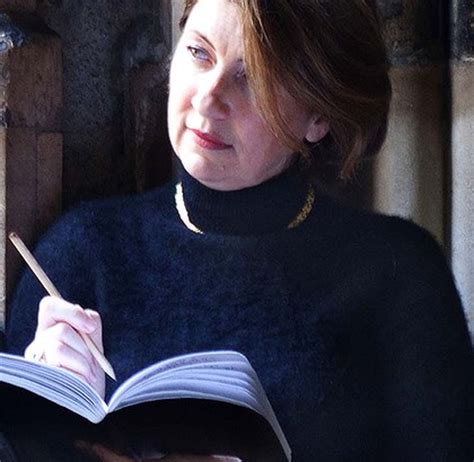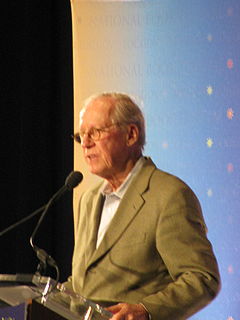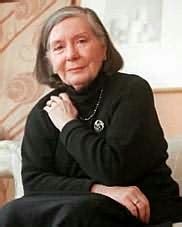A Quote by M. L. Stedman
Years bleach away the sense of things until all that's left is a bone-white past, stripped of feeling and significance.
Related Quotes
What is there to understand? The significance of life? How long will it take to understand the significance and the meaning of life? 20 years? 30 years? And the same question will be here in another 20 years, I guarantee you. Until you stop asking that question. When that question is not there, you are there. So that's the reason why you keep asking the question: you do not want the question to come to an end. When that comes to an end, there will not be anybody, left there, to find out the meaning, the purpose and the significance of life.
I almost chopped my thumb off once. Just before I left home, I was about ten or eleven years old, and I was trying to open a bone. Can you imagine that? A bone! I was trying to get the marrow out of a bone, and I took the ax, and I went to chop it, and something slipped, and the ax went right down there and damn near cut it off.
I'm probably an actor that tends to, instead of putting things on, think about it more in terms of taking away what's not in the character, until I'm left with what is. If that makes sense. That's probably a particularly American way of working, but maybe not. The end of any movie is a readjustment.
The Honorable Elijah Muhammad says that the black man in America, for the past 400 years, has been like a boy in the white man's house, begging the white man for a job, for food, clothing and shelter. And then after the white man provides him with all of these things, he turns around and get - has the nerve to get angry at the white man when the white man tries to control his life.
No, now he didn't want to let himself get too close because he knew it wasn't going to last. Good stuff never lasted. Change would come and wipe it away, and what was the point? It hurt too much every time it was ripped away and he was getting tired of losing pieces of himself. Pretty soon there wouldn't be much left, just scraps of gristle and bone without feeling. He didn't need that
For a long time he had been white smoke. He did not realize that until he left the hospital, because white smoke had no consciousness of itself. It faded into the white world of their bed sheets and walls; it was sucked away by the words of doctors who tried to talk to the invisible scattered smoke... They saw his outline but they did not realize it was hollow inside.
Our bones ache only while the flesh is on them. Stretch it as thin as the temple flesh of an ailing woman and still it serves to ache the bone and to move the bone about; and in like manner the night is a skin pulled over the head of day that the day may be in a torment. We will find no comfort until the night melts away; until the fury of the night rots out its fire.
And there is also the paradox that the dominating culture imbues the Indian past with great meaning and significance; it is valued more because it is seen as part of the past. And it is the romantic past, not the present, that holds meaning and spiritual significance for so many members of the dominating culture. It has seemed so strange to me that the larger culture, with its own absence of spirit and lack of attachment for the land, respects these very things about Indian traditions, without adopting those respected ways themselves.
We left Egypt when I was seven, and we didn't return until I was 21. My teen years were divided between the United Kingdom and Saudi Arabia. Up until we left the U.K., it was like your regular teenage years. The one thing I remember is that I couldn't date. That was one thing my parents made very clear.



































